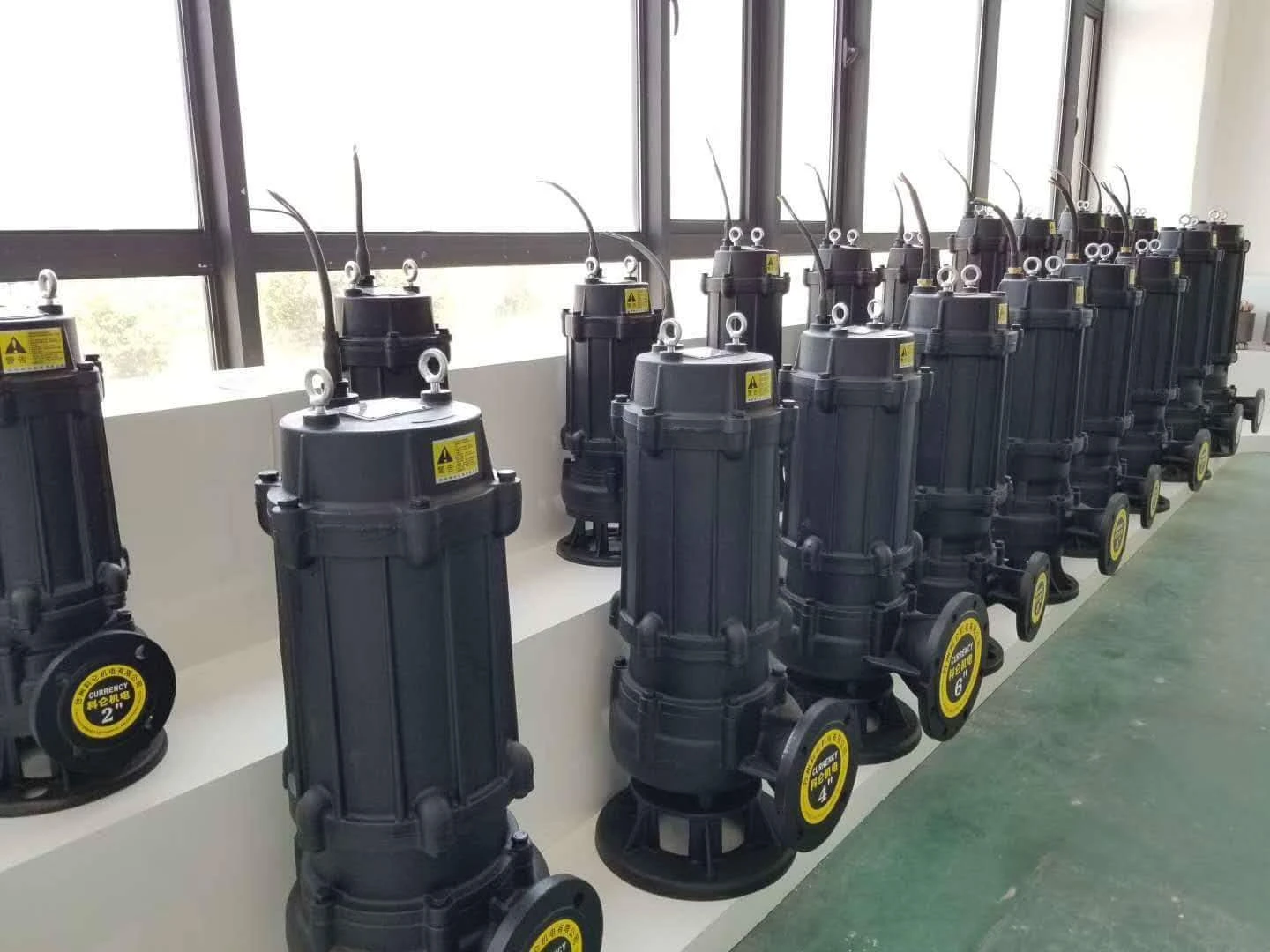English
- Afrikaans
- Albanian
- Amharic
- Arabic
- Armenian
- Azerbaijani
- Basque
- Belarusian
- Bengali
- Bosnian
- Bulgarian
- Catalan
- Cebuano
- Corsican
- Croatian
- Czech
- Danish
- Dutch
- English
- Esperanto
- Estonian
- Finnish
- French
- Frisian
- Galician
- Georgian
- German
- Greek
- Gujarati
- Haitian Creole
- hausa
- hawaiian
- Hebrew
- Hindi
- Miao
- Hungarian
- Icelandic
- igbo
- Indonesian
- irish
- Italian
- Japanese
- Javanese
- Kannada
- kazakh
- Khmer
- Rwandese
- Korean
- Kurdish
- Kyrgyz
- Lao
- Latin
- Latvian
- Lithuanian
- Luxembourgish
- Macedonian
- Malgashi
- Malay
- Malayalam
- Maltese
- Maori
- Marathi
- Mongolian
- Myanmar
- Nepali
- Norwegian
- Norwegian
- Occitan
- Pashto
- Persian
- Polish
- Portuguese
- Punjabi
- Romanian
- Russian
- Samoan
- Scottish Gaelic
- Serbian
- Sesotho
- Shona
- Sindhi
- Sinhala
- Slovak
- Slovenian
- Somali
- Spanish
- Sundanese
- Swahili
- Swedish
- Tagalog
- Tajik
- Tamil
- Tatar
- Telugu
- Thai
- Turkish
- Turkmen
- Ukrainian
- Urdu
- Uighur
- Uzbek
- Vietnamese
- Welsh
- Bantu
- Yiddish
- Yoruba
- Zulu
Telephone: +86 13120555503
Email: frank@cypump.com
Oct . 17, 2024 03:49 Back to list
submersible sewage water pump
Submersible Sewage Water Pumps An Overview
Submersible sewage water pumps play a crucial role in managing wastewater in various applications, from municipal sewage treatment facilities to residential drainage systems. These pumps are designed to operate submerged in the fluid they are pumping, making them ideal for handling sewage and wastewater that often contain solids, debris, and other challenging materials. This article highlights the essential features, working principles, advantages, and considerations for selecting a submersible sewage water pump.
Working Principle
At the core of a submersible sewage pump is its unique design, enabling it to work underwater. The pump typically consists of a sealed motor and an impeller, which is responsible for moving the sewage. When the pump is submersed, the impeller is driven by the motor to create a vortex that pulls wastewater into the pump. Once the fluid enters, the impeller forces it upward through a discharge pipe, effectively transporting the sewage to the surface for treatment or disposal.
Key Features
1. Durability Submersible sewage pumps are constructed from robust materials, such as stainless steel or cast iron, designed to withstand harsh operating conditions and corrosive substances often found in sewage. This durability ensures a long service life and minimal maintenance.
2. Efficiency These pumps are engineered for high efficiency, allowing them to move large volumes of fluid with minimal energy consumption. Their design reduces the risk of clogging, which can be a significant problem when dealing with solid waste.
3. Versatility Submersible sewage pumps are available in various sizes and capacities, making them suitable for multiple applications, including residential, commercial, and industrial settings. They can be used for everything from draining flooded basements to handling wastewater in treatment plants.
4. Automatic Operation Many modern submersible sewage pumps come equipped with automatic float switches that activate the pump when water levels rise, ensuring efficient operation without manual intervention. This feature helps to prevent overflow and flooding.
submersible sewage water pump

Advantages
The advantages of submersible sewage water pumps extend beyond their operational capabilities. Their submersible nature minimizes noise pollution, as the pump operates underwater—ideal for residential areas where quiet operation is paramount. Additionally, their installation is often simpler than traditional pumps, as they do not require extensive piping systems to move water from the source to the discharge point. Instead, the pump can be placed directly in the sewage pit.
Moreover, submersible pumps are often more reliable in situations where space is limited. Their compact design allows them to be installed in tight spaces, making them ideal for urban environments or areas with limited access.
Considerations for Selection
When selecting a submersible sewage water pump, several factors must be considered to ensure optimal performance. First, you need to assess the pump's capacity, which should match the volume of sewage to be handled. Additionally, the size of solids that the pump can manage is crucial; many pumps can handle solids up to a specific diameter.
A reliable power supply is essential for operation, as the pump needs to function even during power outages. Therefore, investing in a system with a backup power source may be wise, especially in critical applications. Lastly, maintenance requirements should also be considered, as some models may require more frequent inspection and upkeep than others.
Conclusion
Submersible sewage water pumps are an indispensable element of modern wastewater management systems. With their efficient design, durability, and versatility, they effectively handle the growing challenges of sewage disposal in an increasingly urbanized world. By understanding their features and functioning, users can select the appropriate pump for their specific needs, ensuring efficient and reliable wastewater management.
-
Horizontal Split Case Pump with GPT-4 Turbo | High Efficiency
NewsAug.01,2025
-
ISG Series Pipeline Pump - Chi Yuan Pumps | High Efficiency, Durable Design
NewsAug.01,2025
-
Advanced Flue Gas Desulfurization Pump with GPT-4 Turbo | Durable & Efficient
NewsJul.31,2025
-
ISG Series Vertical Pipeline Pump - Chi Yuan Pumps | Advanced Hydraulic Design&Durable Construction
NewsJul.31,2025
-
ISG Series Vertical Pipeline Pump - Chi Yuan Pumps | Energy Efficient & Low Noise
NewsJul.31,2025
-
pipeline pump - Chi Yuan Pumps Co., LTD.|High Efficiency&Low Noise
NewsJul.31,2025










